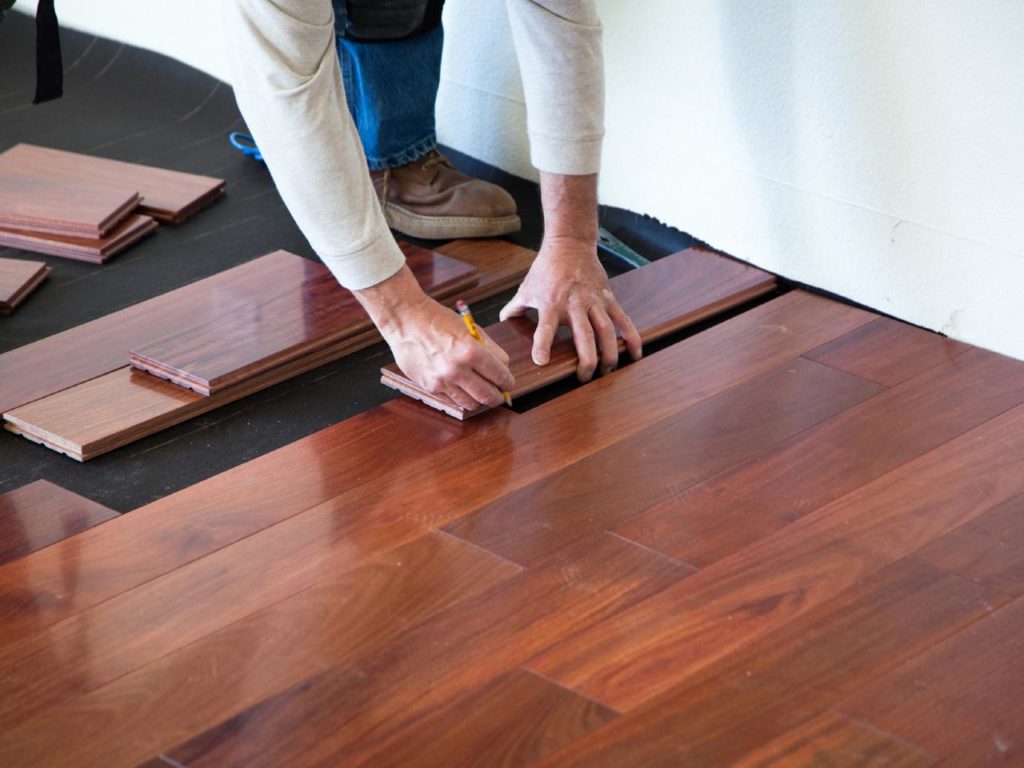
There are several different types of materials which are commonly used for flooring. How do you know which ones are truly environmentally friendly? This article will discuss the details that you should pay attention to when purchasing a property.
Is it biodegradable?
Bamboo is one of the materials that’s often used in sustainable housing. Bamboo is completely biodegradable and it also looks very attractive. Bamboo has an appeal that is unmatched, immediately soothing you when you enter a space where it’s being used on the floor, in furniture or in other parts of the structure.
Bamboo helps to keep your home cool when it’s used for house flooring. This reduces your energy bill, so it’s an investment that pays you back every month.
Linoleum is another type of material that’s biodegradable. It may not immediately look like that, since it comes in so many attractive patterns and colors and actually has a look which is similar to strong vinyl.
However linoleum is an indirect product of the flax plant, so it will return to the soil when it’s no longer needed to be used as flooring. Linoleum can also be used as fuel
Can it be recycled?
m
Most types of environmentally friendly flooring materials can be recycled or reused and the Center for Green Building can provide information on all of these. For example, glass tiles are considered environmentally friendly because they are easy to reuse. If a glass tile is removed from your home at any point, it never adds to a landfill.
Is it renewable?
When you’re evaluating the options that are available to you in a home or apartment, it’s important to look for flooring that is renewable. Cork is an attractive material that goes well with any type of decor that you have in mind.
However, and most importantly, cork is naturally renewable. When it’s cut back in order to make cork flooring, it will grow again to produce more material within a fairly short time.
Cork flooring can even be made without harvesting material from trees. This can be done by reusing cork that’s obtained from bottle stoppers.
When cork is used for flooring it provides great benefits for owners who want to reduce their energy costs. Cork does not encourage the growth of mold or mildew. It’s also resistant to insects, so if you have cork flooring in your home, you are less likely to use harmful toxins within your living space.